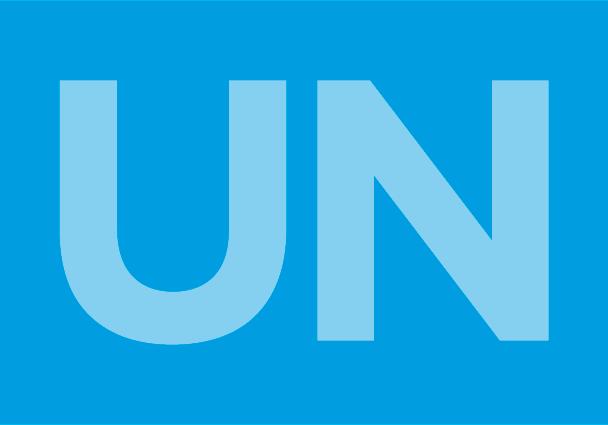The ICJ views with concern the decision of the Australian Government to review its participation in the treaty bodies of the United Nations.
The decision not to extend full co-operation to the UN committees is an unhelpful precedent. It will inevitably be perceived as giving encouragement to those States who reject the legitimacy of UN human rights mechanisms and seek to avoid critical scrutiny of their human rights performance. It is inconsistent with Australia’s stated intention to pursue a program of constructive reform in that it threatens to undermine the very process it is seeking to improve.
The decision appears sourced in pique. It follows recent criticism of Australia’s human rights performance with particular regard to indigenous peoples and asylum seekers by the Committee on the Elimination of Racial Discrimination, the Human Rights Committee and the Committee on Economic, Social and Cultural Rights.
The Australian Government has announced that:
- It will adopt a “selective and economical” approach to reporting. This has no legal basis. Australia’s treaty obligations require regular periodic reporting on all treaty provisions.
- It will only agree to visits to Australia by treaty committees where there are “compelling reasons to do so”. This restriction is potentially counterproductive in that it will result in committee members having no first-hand experience of the issues being examined. This is not in Australia’s interest.
- It will reject “unwarranted requests” to delay removal of asylum seekers. As a State committed to the Rule of Law, Australia must allow legal processes to take their full course and not proceed with action in possible breach of international human rights law.
- It will refuse to sign and ratify the optional protocol to the Convention on the Elimination of Discrimination Against Women. This is cynically intended to shield the Government from the complaint mechanism that the instrument establishes.
UN Committee proceedings are open and transparent. Australia is afforded an opportunity to put forward its case, respond to NGO submissions and the committee’s (non-binding) findings. Shadow submissions by NGOs contain information which governments may prefer not to make available. They are essential to the integrity of the process.
The ICJ welcomes genuine and constructive efforts to reform UN treaty bodies. But such efforts should not be sourced in an over-reaction to critical scrutiny and not extend to the punitive withdrawal of co-operation. The Australian decision will give encouragement to those states with a vested interest in undermining UN human rights mechanism. This is a matter of great regret given Australia’s international reputation in the human rights field.
The ICJ will continue to closely monitor developments.





